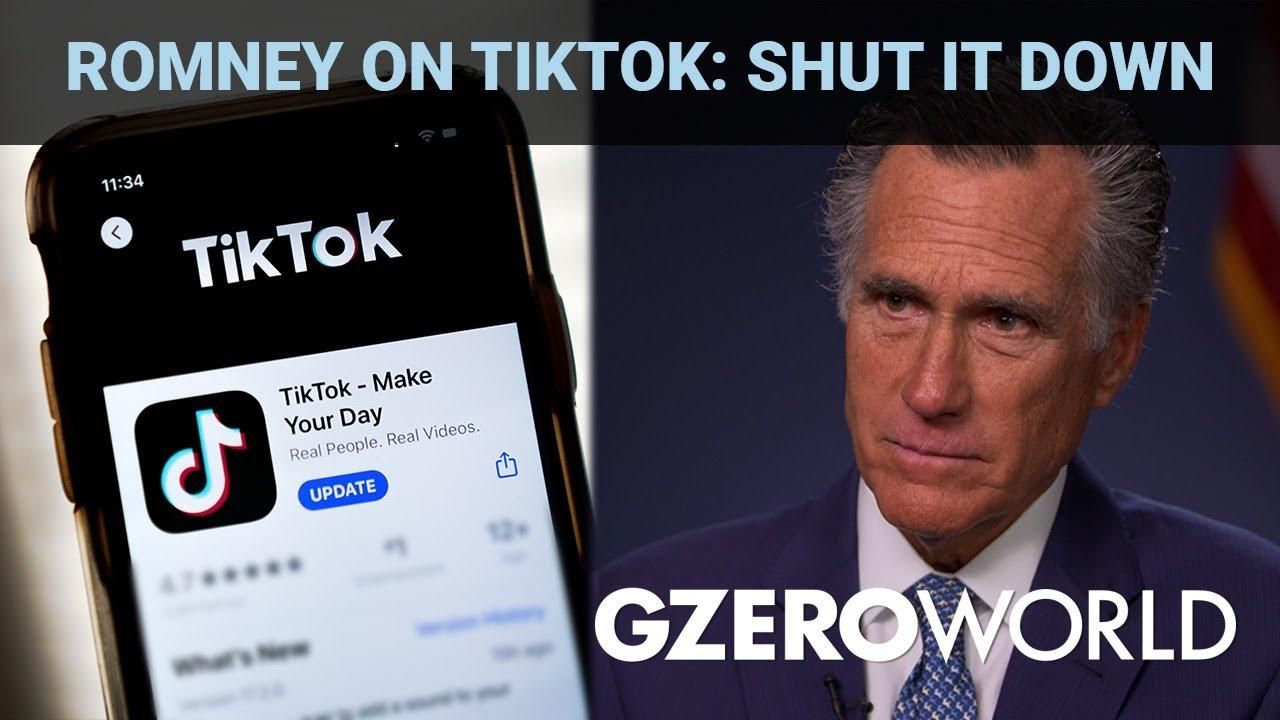GZERO World Clips
Sen. Mitt Romney on TikTok: Shut it down

Senator Mitt Romney on Tiktok: Shut it Down | GZERO World

In response to news of a Chinese spy balloon floating over sensitive national security areas in the United States, Utah Senator Mitt Romney tweeted on Friday morning, “A big Chinese balloon in the sky and millions of Chinese TikTok balloons on our phones. Let’s shut them all down.”
It’s not the first time that the Senator has insisted, in no uncertain terms, that the wildly popular social media app should be banned here in the United States.
In an exclusive GZERO World interview with Ian Bremmer, Romney said, “If there is a capacity of the Chinese Communist Party to be able to spy on American citizens by using TikTok, then we have to prevent it from being used here.”
Watch the GZERO World episode: Sen. Mitt Romney on DC dysfunction, Russian attacks, and banning TikTok
In this Quick Take, Ian Bremmer addresses the killing of Alex Pretti at a protest in Minneapolis, calling it “a tipping point” in America’s increasingly volatile politics.
Who decides the boundaries for artificial intelligence, and how do governments ensure public trust? Speaking at the 2026 World Economic Forum in Davos, Arancha González Laya, Dean of the Paris School of International Affairs and former Foreign Minister of Spain, emphasized the importance of clear regulations to maintain trust in technology.
Will AI change the balance of power in the world? At the 2026 World Economic Forum in Davos, Ian Bremmer addresses how artificial intelligence could redefine global politics, human behavior, and societal stability.
Ian Bremmer sits down with Finland’s President Alexander Stubb and the IMF’s Kristalina Georgieva on the sidelines of the World Economic Forum to discuss President Trump’s Greenland threats, the state of the global economy, and the future of the transatlantic relationship.